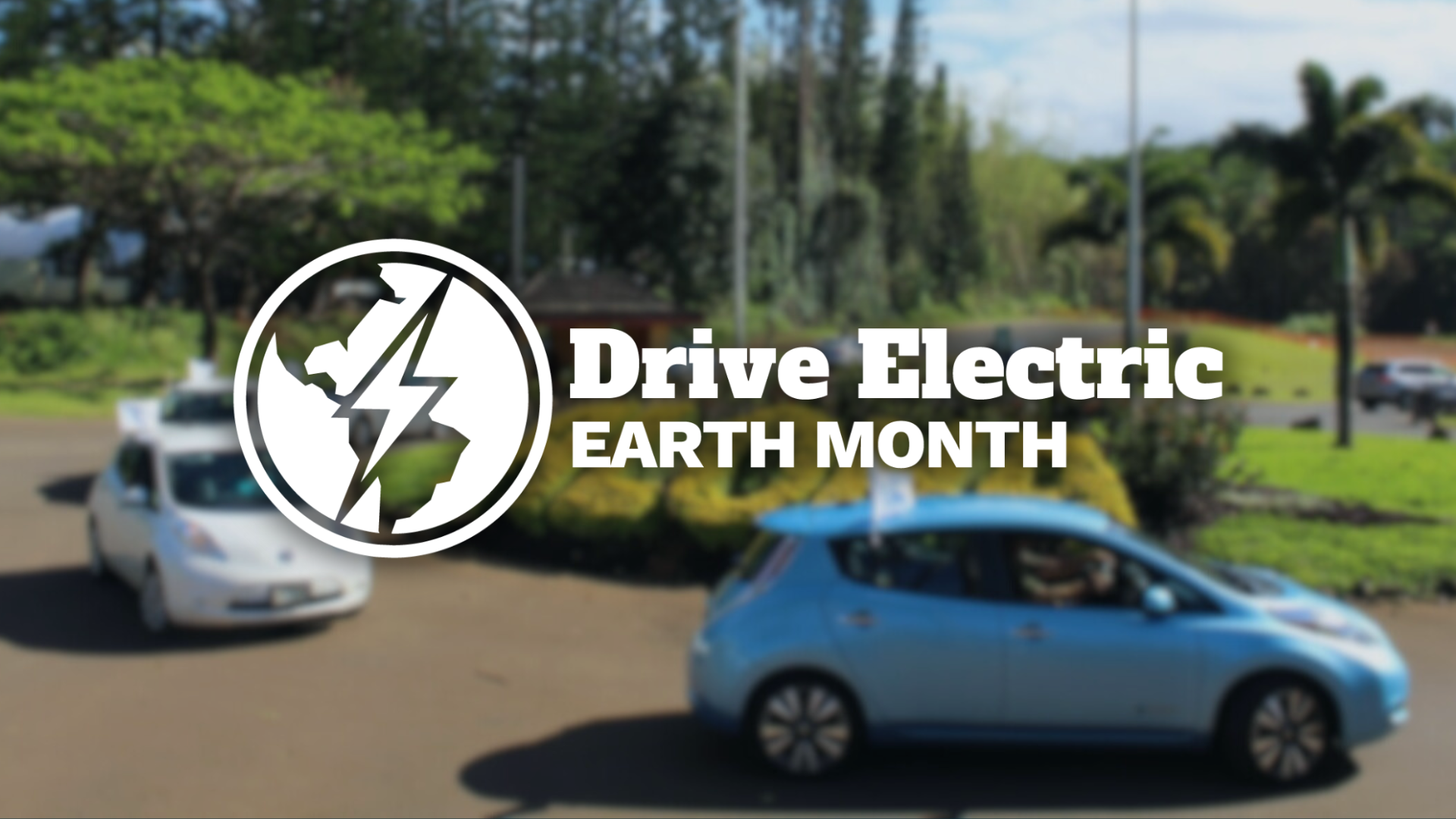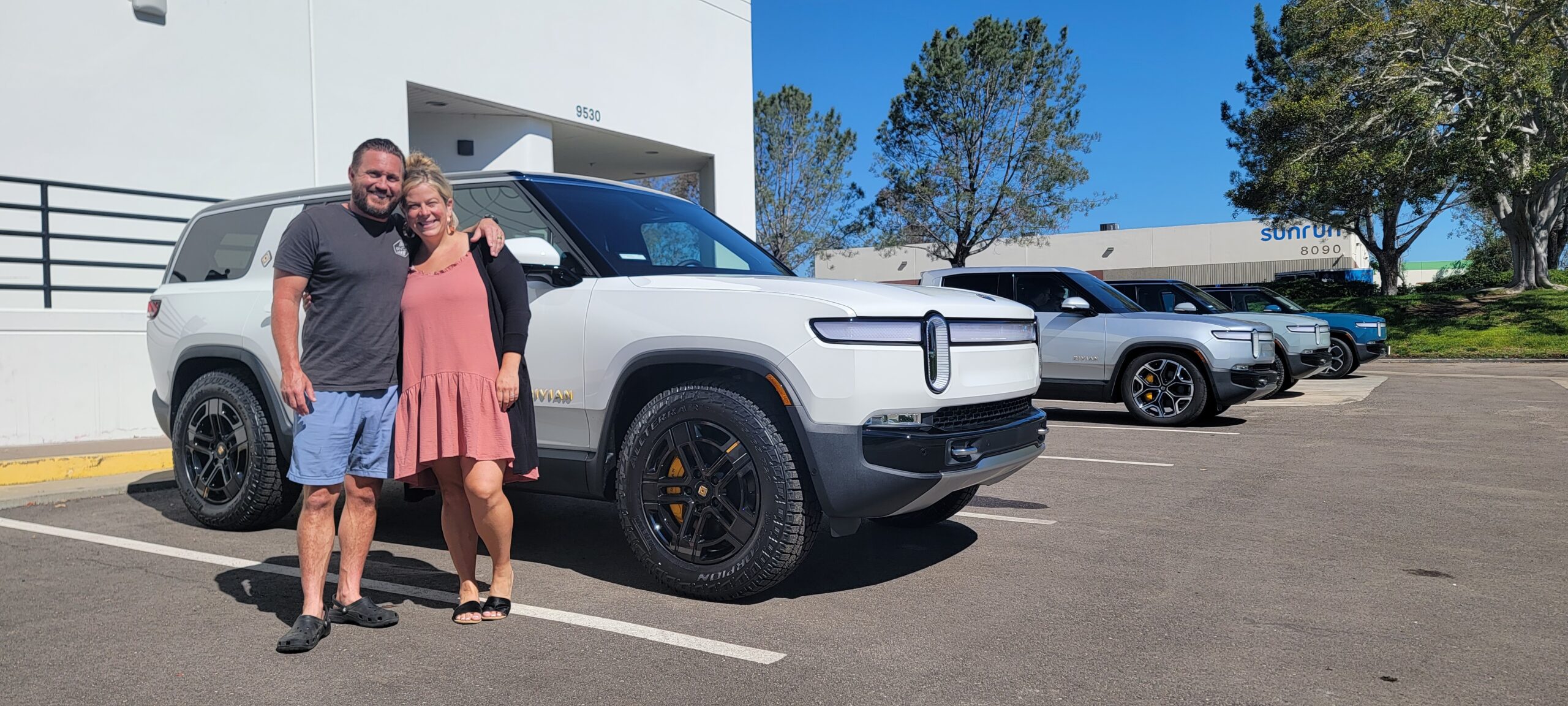This guest blog post was submitted by Plug In America supporter and high school student Madhav Bhat. If you would like to submit a guest blog post for possible inclusion in a future newsletter, please contact us at info@pluginamerica.org.
“A journey of a thousand miles begins with a single step.” This famous Chinese proverb is applicable in so many situations and the one that I have most recently applied it to is the development of electric vehicles. Currently, less than 2% of the cars being sold in the United States in 2018 were electric. As a student, I believe that electric vehicles are the future. From my perspective, here is why I am a strong advocate for them, and this what needs to happen for electric vehicle sales to increase.
The most important initiative we need to take is to focus on developing the infrastructure for electric vehicles. Currently, the closest charging station to my house is more than eight miles away in the center of my city. By contrast, there are 51 gas stations within eight miles of my house. Within a 100 mile radius of my house, there are approximately twenty available charging stations.
When I have talked to members of my family and friends on why they would not invest in an electric vehicle, one of the common refrains is “Where would I be able to charge it outside my house?” Without the proper infrastructure in place for electric vehicles to thrive, people are not going to be sold on electric cars. It’s a classic “what needs to come first, the chicken or the egg?” scenario. This is why I have contacted and encouraged others to contact their mayor, congressman, or elected official to see what they are doing about this and to petition for change.
Another common reason people do not buy electric vehicles is due to misinformation. A classmate once told me, “A lithium-ion battery is much more wasteful than the gas that is used to power a regular car.” However, he failed to recognize that batteries can be recycled and the huge ones used in EVs are. Lithium-ion battery factories produce waste just like a regular factory; however, the end product is much more efficient and does not have as large of an ecological footprint. If one was to look at the total ecological footprint of a gas-powered vehicle versus an EV, they would find the EV’s footprint to be significantly lower.
It is also claimed that electric vehicles are too expensive. However, this is a supply and demand issue. Many companies currently are not producing electric vehicles because they need to invest in new equipment to produce them and they are hesitant because electric vehicles have not sold well. However, the companies that have taken the leap of faith, such as Tesla, have seen ever higher sales and are very profitable.
As a student, I drive a 2014 Toyota Camry to school every day. This was my father’s old car and I really do love it. However, I have been trying an experiment where on every new tank of gas I check how many miles per gallon on the average I get for the tank. Over the past two months, not once has the average miles per gallon reached the advertised mileage for a 2014 Camry. This is because a large percentage of my time in the car is spent in heavy traffic. As the United States grows, there will inevitably be more cars, which means more traffic, which means more cars idling, spitting fumes into the air. I only see the case for electric cars getting stronger.
My father now drives a Corolla Hybrid, which automatically turns the engine off when stopped, vastly increasing fuel efficiency. If every car were like this Corolla, the world would be saving approximately 4.94*10^10 pounds of CO2 released into the atmosphere per year or 2.52*10^9 gallons of gas per year. All it takes is one simple decision to go electric.
As a student, all I can do for now is advocate for more electric car use. I hope to enter the automotive industry with a focus on electric vehicles in a couple of years. Climate change is the most important issue of our time and it is imperative we do everything possible to educate the public and advocate for a cleaner future.


